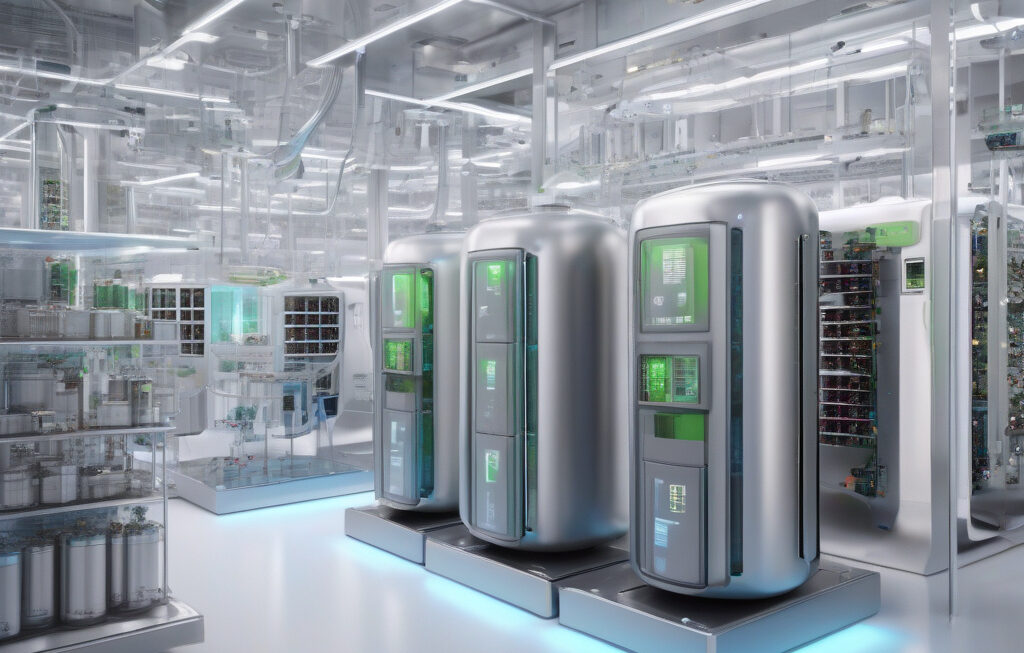Lithium-ion Batteries Revolutionize Energy Storage: The Nanoscale Engineering Breakthrough
South Korean researchers from Dongguk University, in collaboration with Kyungpook National University in Daegu, have made significant strides in the realm of lithium-ion batteries. These batteries, already known for their efficiency and reliability, are now being taken to new heights through nanoscale engineering. This revolutionary approach not only promises longer lifespans for the batteries but also ensures rapid charging capabilities, marking a pivotal moment in energy storage technology.
One of the key advantages of lithium-ion batteries is their ability to store and deliver energy efficiently. However, traditional lithium-ion batteries have limitations when it comes to lifespan and charging speed. This is where nanoscale engineering comes into play. By manipulating materials at the nanoscale level, researchers can enhance the performance of lithium-ion batteries in ways previously thought to be unattainable.
The research conducted by the South Korean universities focused on optimizing the structure of the batteries at the nanoscale. By carefully designing the architecture of the battery components, such as the anode and cathode materials, the researchers were able to improve the overall efficiency and longevity of the batteries. This breakthrough not only extends the lifespan of the batteries but also enables them to be charged at a much faster rate, addressing two major pain points in current energy storage solutions.
The implications of this research are profound and far-reaching. As the demand for energy storage continues to grow, especially with the rise of electric vehicles and renewable energy sources, the need for high-performance batteries has never been greater. Lithium-ion batteries enhanced with nanoscale engineering have the potential to revolutionize the way we store and utilize energy, paving the way for a more sustainable and efficient future.
In addition to their practical applications, these advanced lithium-ion batteries also have significant economic implications. As the technology matures and becomes more widely adopted, we can expect to see a surge in demand for these high-performance batteries. This, in turn, will drive further innovation and investment in the energy storage sector, creating new opportunities for growth and development.
Furthermore, the environmental benefits of these advanced lithium-ion batteries cannot be overstated. By enabling faster charging and longer lifespans, they contribute to reducing overall energy consumption and waste. This aligns with global efforts to combat climate change and transition to a greener, more sustainable energy landscape.
In conclusion, the breakthrough achieved by the South Korean researchers in enhancing lithium-ion batteries through nanoscale engineering represents a major milestone in energy storage technology. With the potential for longer lifespans, faster charging capabilities, and widespread economic and environmental benefits, these advanced batteries are poised to shape the future of energy storage. As we continue to advance in this field, the possibilities for innovation and progress are truly limitless.
lithium-ion batteries, nanoscale engineering, energy storage, sustainability, South Korean research












